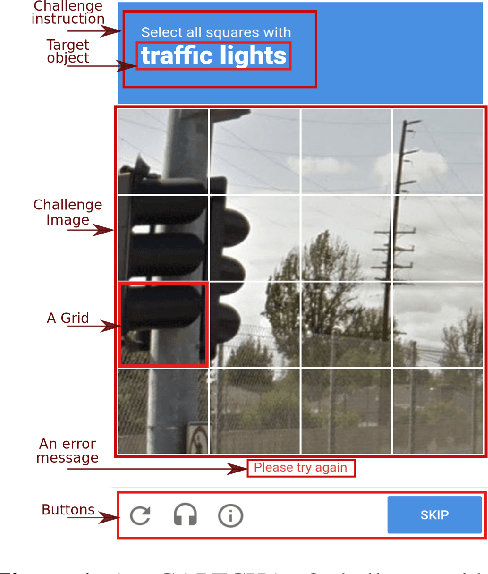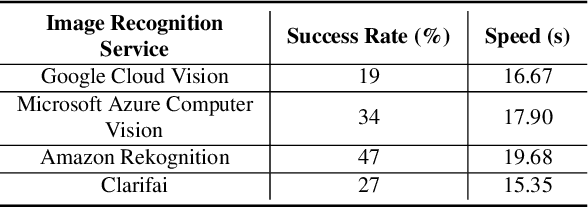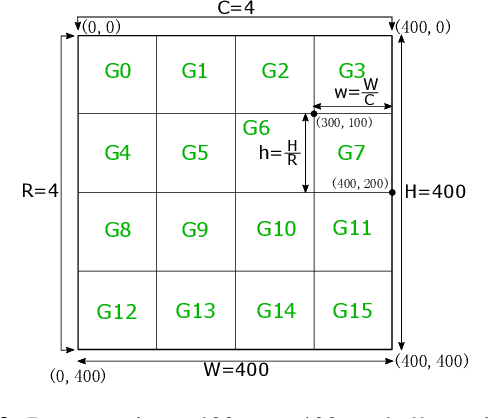Md Nazmul Islam
Search Timelines: Visualizing Search History to Enable Cross-Session Exploratory Search
Apr 23, 2025



Abstract:Purpose: The timespan over which exploratory searching can occur, as well as the scope and volume of the search activities undertaken, can make it difficult for searchers to remember key details about their search activities. These difficulties are present both in the midst of searching as well as when resuming a search that spans multiple sessions. In this paper, we present a search interface designed to support cross-session exploratory search in a public digital library context. Methods: Search Timelines provides a visualization of current and past search activities via a dynamic timeline of the search activity (queries and saved resources). This timeline is presented at two levels of detail. An overview timeline is provided alongside the search results in a typical search engine results page design. A detailed timeline is provided in the workspace, where searchers can review the history of their search activities and their saved resources. A controlled laboratory study was conducted to compare this approach to a baseline interface modelled after a typical public digital library search/workspace interface. Results: Participants who used Search Timelines reported higher levels of user engagement, usability, and perceived knowledge gain, during an initial search session and when resuming the search after a 7-8 day interval. This came at the expense of the searchers taking more time to complete the search task, which we view as positive evidence of engagement in cross-session exploratory search processes. Conclusion: Search Timelines serves as an example of how lightweight visualization approaches can be used to enhance typical search interface designs to support exploratory search. The results highlight the value of providing persistent representations of past search activities within the search interface.
An Object Detection based Solver for Google's Image reCAPTCHA v2
Apr 07, 2021



Abstract:Previous work showed that reCAPTCHA v2's image challenges could be solved by automated programs armed with Deep Neural Network (DNN) image classifiers and vision APIs provided by off-the-shelf image recognition services. In response to emerging threats, Google has made significant updates to its image reCAPTCHA v2 challenges that can render the prior approaches ineffective to a great extent. In this paper, we investigate the robustness of the latest version of reCAPTCHA v2 against advanced object detection based solvers. We propose a fully automated object detection based system that breaks the most advanced challenges of reCAPTCHA v2 with an online success rate of 83.25%, the highest success rate to date, and it takes only 19.93 seconds (including network delays) on average to crack a challenge. We also study the updated security features of reCAPTCHA v2, such as anti-recognition mechanisms, improved anti-bot detection techniques, and adjustable security preferences. Our extensive experiments show that while these security features can provide some resistance against automated attacks, adversaries can still bypass most of them. Our experimental findings indicate that the recent advances in object detection technologies pose a severe threat to the security of image captcha designs relying on simple object detection as their underlying AI problem.
 Add to Chrome
Add to Chrome Add to Firefox
Add to Firefox Add to Edge
Add to Edge